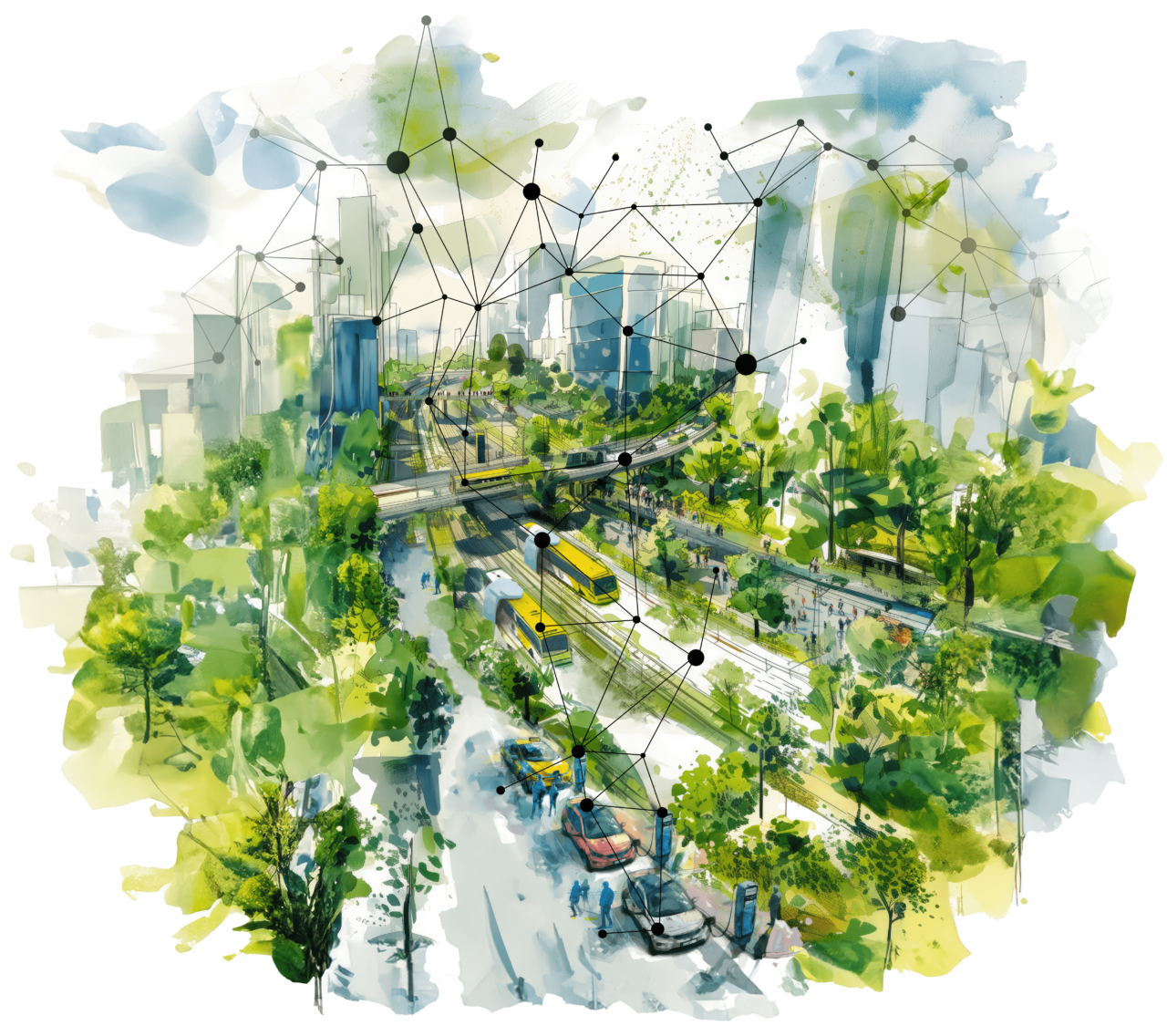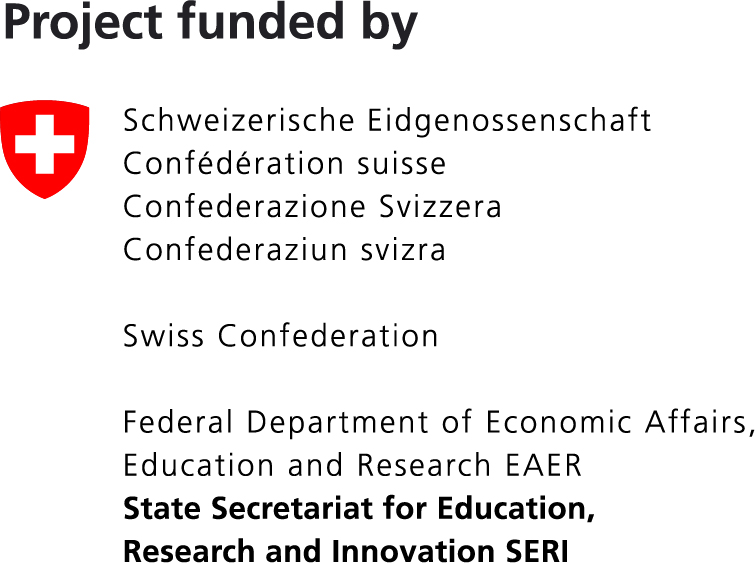MOBILITIES FOR EU –
For a better future.
MOBILITIES FOR EU: A groundbreaking project dedicated to pioneering sustainable solutions for urban mobility across Europe. We’re shaping the cities of tomorrow by paving the way towards cleaner, more efficient mobility solutions for people and freight.

ABOUT
MOBILITIES FOR EU is a Horizon Europe innovation project and part of the European Commission’s Climate-Neutral and Smart Cities Mission.
The project is coordinated by CARTIF and builds on the expertise of 29 partners from nine European countries, bringing a vast amount of knowledge and expertise to pave the way for urban mobility transition. To test the potential of innovative mobility technologies in real and diverse urban environments, they will be widely demonstrated in two Lead Cities, Madrid (Spain) and Dresden (Germany). Five Replication Cities – Ioannina (Greece), Trenčin (Slovakia), Espoo (Finland), Gdańsk (Poland), and Sarajevo (Bosnia & Herzegovina) – intend to replicate the Lead Cities’ processes, designing their own adaptations for the tested solutions.
RECENT NEWS
Madrid Launches Center of Excellence and Data Office to Drive Data-Driven Urban Innovation
Milestone Week for MOBILITIES FOR EU: General Assembly Meets as Spain’s First Autonomous Urban Bus Debuts
Empowering Young Cyclists: Sarajevo Highlights MOBILITIES FOR EU at Climate Neutrality Panel
Sarajevo’s Net Zero Mission Spotlights MOBILITIES FOR EU and Child-Centred Mobility Innovations
CEVE 2025 closes with record attendance and showcases Spain’s electric mobility potential
Ioannina Celebrates Sustainable Mobility: Thousands of Citizens Enjoy Pedestrianised Streets
Students at Aalto University Show Strong Interest in Cycling: A Boost for Sustainable Mobility in Espoo
Digital Day Spotlight: MOBILITIES for EU Showcases Bidirectional Charging Through Interactive Demo
Japanese Delegation Explores Madrid’s Smart City Model and MOBILITIES FOR EU Innovations
MOBILITIES FOR EU Open Day: Gdańsk Connects Innovation with Citizens, with the support of We Right Click
Dresden’s Youth Climate Council Engages Citizens — and MOBILITIES FOR EU Joins the Conversation
Pilot Workshop on Sustainable Mobility with the Participation of Students from the 3rd Primary School of Ioannina “Maroutseio”
Grand Opening of the Stadtforum Dresden: MOBILITIES FOR EU Engages Citizens with Future Mobility Solutions
MOBILITIES FOR EU Releases New Introduction Video Showcasing Climate-Neutral Urban Mobility Solutions
Collaborative Solutions for Sustainable Mobility Highlighted at Joint SUM Project Event
MOBILITIES FOR EU Showcases Innovative Research on Smart Urban Mobility at IEEE Conference in Thailand
MOBILITIES Joins Urban Mobility Family, Strengthens Collaboration with Key Partners.
KEY FACTS

29 Partners
from 9 European countries

Duration:
01.01.2024 – 31.12.2028

EU-funding:
24.7M €
CITIES
© 2026 Mobilities for EU
Project Coordinator
Julia Vicente Gómez, CARTIF
julvic@cartif.es
Main Press Contact
Rebecca Sinai, Steinbeis Europa Zentrum
rebecca.sinai@steinbeis-europa.de



This website exists in the context of the MOBILITIES FOR EU project which is co-financed under the Horizon Europe research and innovation programme under grant agreement No 101139666.